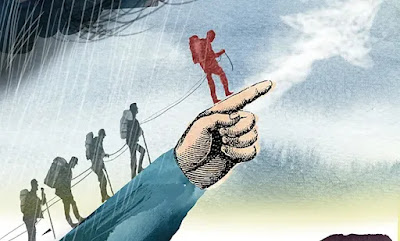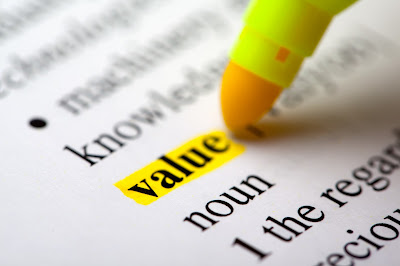Not a one-to-one
A statement I could not agree more with on the podcast Maintenance Phase titled “Oprah Winfrey & the Wagon of Fat” is when the hosts, Aubrey Gordon and Michael Hobbs, said a sentence against Oprah’s idea of diet. In 1988, there was an episode of The Oprah Show when she was rolling 67 lbs. of fat onstage. I remember vividly a statement of hers, which Gordon and Hobbs were against. She said, "... If you can believe in yourself and believe this is the most important thing in your life, … because I did it, if Scott did it, if Billy did it, and you can do it…” They argued the statement of Oprah was not one-to-one. According to Oprah’s statement, it seems like she waived the reality that at least she spent almost $1000/month just for the diet product, not to mention the doctor's consultation, treatment, etc. “That’s like people’s rent,” added Hobbs.
I firmly resonate with the statement, particularly from last year, when I struggled with my diet. Many influencers I saw on social media never shared the actual story of their journey. Furthermore, there were a few times when that had an impact on me. On the other day, I was following an Indonesian influencer who had successfully cut off the weight. She told the audience how significant the intermittent fasting was. Later on, I just found out she had also undergone a million treatments to get that shape. Therefore, I stopped to look at other people’s journeys and just focused on mine.
 |
| Whatta lovely quote! |
Moreover, reality shows such as The Big Loser also intrigued me. It shows multiple challenging journeys. I prefer not to watch because I can hear their feelings—how hard it is to get a shape, how hard it is to achieve a certain number on a scale, or how hard it is to resist the urge to eat. Realty shows have something so close to our daily lives (even though they're not 100 percent similar) that makes a connection with people. I will choose to consume something that does not affect me at all, such as science fiction movies and documentaries, or series that are not coming from my country. I am not a big fan of reality shows; I did not consume them, so it does not affect me.
Conversely, social media exerts a significant influence on my daily life, particularly in relation to the content I consume. The dieting journey was one of them. Hundreds of times, when I saw people’s new appearance, their achievements, or their daily productive activity, I felt drained. I felt like I was useless, less-contributive, and nothing. Many times, I also realize that this is toxic. It kills my mentality. “You are what you eat”. I don’t want to eat something terrible, so I decided not to do so. Therefore, I do a social media detox, especially on Instagram. I have deactivated my Facebook account since a long time ago, and Twitter (I still love this name though), or X platform, for now, is my eternal love because I still consume meaningful content from it. When I do my detox routine, it has only three terms: (1) I saw something or many things that drained my energy; (2) I have a lot of tasks to do in real life, both personal and professional; and (3) I have already shared a lot of things on social media.
 |
| My real-life diet! Preparing my lunch every day <3 |
The practice of abstaining from social media has proven to be effective in my personal life. It was like a moment where I could charge myself physically and mentally. Joseph El-Khoury et al.'s (2020) on “Characteristics of social media ‘detoxification’ in university studies’ research found that 75% of their respondents reported mental health benefits from cutting out social media. On the other hand, social media has a huge benefit. McKinsey (2022) reported that 52% of millennials got emotional support, and 59% of them also got social connectivity from social media. It means, just like what Aubrey Gordon said to Oprah, that what works for me is not one-to-one. I hope you find your "not a one-to-one" journey!



Komentar
Posting Komentar